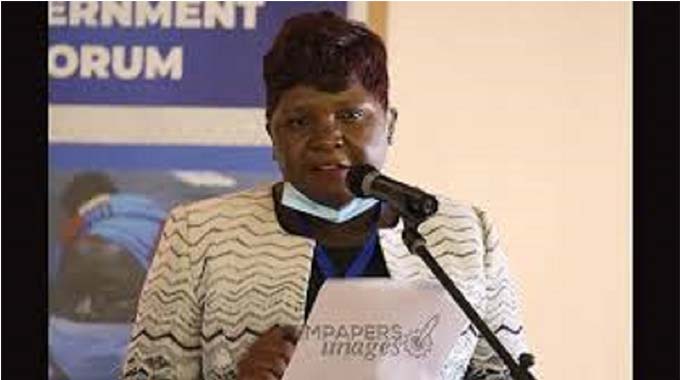COMMENT: Women’s quota at council level must be implemented now

It was a big mistake that while 60 seats in the National Assembly are reserved for women, that provision has not been extended to local authority level.
Because of that, there are very few women serving in councils countrywide. That is wrong.
For a long time in our history, women were not allowed, or not expected, to run for political office. It was a men’s game. Given the centrality of political office in the governance matrix, women were resultantly powerless, always looking up to men to make the big decisions, sometimes on their behalf. Women were sadly only useful when singing and dancing at rallies and proceeding to vote for men.
Such a disempowering history could not self-correct. There was a need for affirmative action to get women into political office while encouraging others to seek election in open contests along with men. That the women’s quota is in place at parliamentary level is good but without greater representation of women at the grassroots, the National Assembly arrangement stood on shaky ground.
Female councillors meeting at their first Zimbabwe Local Government Association of Zimbabwe women councillors’ indaba which was held under the banner of the Women in Local Government Forum (WILGF) in Victoria Falls Thursday appealed to President Mnangagwa for a 30 percent women quota in councils in line with the constitutional provisions on gender balance.
WILGF president for the Midlands chapter, Councillor Idirashe Dongo said the forum’s desire was to improve representation of women in local government.
The President immediately agreed to the female councillors’ request.
“You are advocating for an improvement in your representation at local government level,” he said.
“We fought for democracy and there was a lot of sacrifice by the girl child and boy child for us to achieve that democracy. Currently councillors are elected on the basis of that democracy. You are now asking me to panel beat democracy in order to meet our needs rather than our needs to be met through plain democracy.
Fortunately, I am in agreement with you and that is granted and I will ask the Minister of Local Government (July Moyo) to begin the process.”
We go to the polls in just under three years, which is a long time for Minister Moyo to put the system in place for the 30 percent quota to be implemented.
There are about 1 200 council wards countrywide, so when, not if, the 30 percent quota is effected, we would have at least 360 female councillors. That is a good starting point as in addition to the 360, more women stand a chance to be elected directly.
Indeed reserved seats have done well in Parliament. In the Seventh Parliament, that is from 2008 to 2013 women’s representation was 16 percent and 25 percent in the National Assembly and Senate respectively, but the numbers increased in the Eighth Parliament that is 2013 to 2018 when the quota came into force, women’s representation increased to 35 percent in the National Assembly and 48 percent in the Upper Chamber.
However, the increase in the number of indirectly elected women in the legislature came as fewer women won election in open contests.
In 2008, 34 women were directly elected to Parliament compared to 26 women directly elected in 2013. In the 2018 election, the number of women elected directly into Parliament fell further to 25. On this evidence, women are finding it tougher getting elected directly. We don’t know why.
We ask the electorate to acknowledge that women are just as capable politically as men, thus deserve election just like men.
Therefore, the quota system at council level has been long in coming, but the electorate must not shun female candidates featuring in open contests with men. This will assist in boosting their numbers in political positions while enhancing the quality of our democracy.











Comments